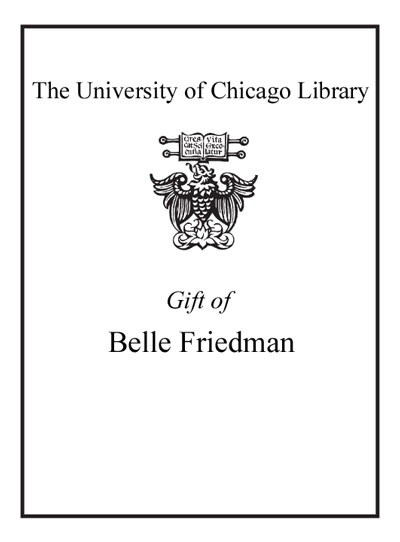The University of Cambridge : a new history /
Saved in:
| Author / Creator: | Evans, G. R. (Gillian Rosemary) |
|---|---|
| Imprint: | London ; New York : I.B. Tauris ; New York : Distributed in the U.S. and Canada exclusively by Palgrave Macmillan, 2010. |
| Description: | xvi, 382 p., [16] p. of plates : ill., map ; 25 cm. |
| Language: | English |
| Subject: | |
| Format: | Print Book |
| URL for this record: | http://pi.lib.uchicago.edu/1001/cat/bib/7902786 |
Table of Contents:
- Preface
- Acknowledgements
- Abbreviations
- List of Illustrations
- 1. Cambridge in living memory: the last hundred years
- Where is the University?
- Running their own show
- Shall we let women in?
- Meeting national needs: putting Cambridge in the spotlight
- The First World War and the spectre of state inspection again
- Between the Wars
- The Second World War and a new world for Cambridge
- Student revolution, eccentric dons and the Swinging Sixties
- The Colleges and the University rethink their relationship
- Could Cambridge remain in a world of its own?
- Cambridge discovers 'administration'
- Cambridge dons lose their security
- A business-facing Cambridge?
- Intellectual Property Rights and academic freedoms
- The capsize of CAPSA
- So where are we now?
- 'Do not ask the frogs before draining the pond'
- 2. How it all began
- Europe invents universities
- How it all began in Cambridge
- Student life: the beginning of colleges
- What was it like to study for a degree in medieval Cambridge?
- The Dunce and the dunces: Cambridge as a backwater
- 3. Cambridge and the Tudor Revolution
- Margaret Beaufort and John Fisher turn Cambridge's fortunes round
- The world as Cambridge's oyster
- Cambridge joins the 'Renaissance'
- Erasmus, Luther and a 'Reformation' Cambridge
- The Cambridge translators
- Visitations: the bid for state control of Cambridge
- Edward VI and Cambridge
- Queen Mary and the martyrs
- Queen Elizabeth, Cambridge and protestant nationhood
- 4. Seventeenth- and eighteenth-century Cambridge: puritans and scientists
- James I and Cambridge
- Hybrid vigour
- Applied science and 'useful' studies
- Not 'two cultures' but a single body of knowledge
- The Cambridge Platonists and the redrawing of the boundaries of theology
- Cambridge adjusts the relationship between God and nature
- Isaac Newton: a Cambridge character in close-up
- Cambridge 'networking' on the international scene
- Puritan rigour, Civil War and Restoration
- John Milton and new trends in Cambridge language study
- From logic to experimental science
- Enlightenment or marking time?
- Student Life
- 5. The nineteenth-century transformation
- Students have fun
- The early nineteenth-century call for reform
- Scientific research becomes an academic activity with industrial outreach
- Forming the academic sciences and making them intellectually respectable
- The 'learned societies' adjust their standards
- 'Call him a scientist'
- Must science exclude theology?
- Professorships and the emergence of academic specialization
- Teaching: should new 'useful' subjects replace the classics?
- Cambridge reconsiders its duty to society: the long legacy of Prince Albert's Chancellorship
- Applying science: Cambridge and the industrial uses of university research
- Widening access
- Entrances and exits
- Cambridge graduates: good men, good citizens
- Enter the Cambridge University Reporter
- Conclusion
- Notes
- Select bibliography
- Index

